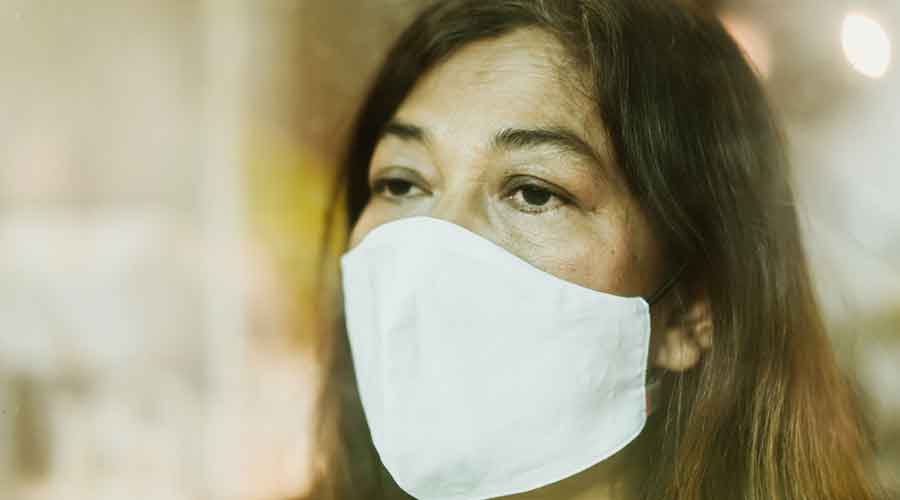An online survey conducted by two psychiatrists of Ranchi has found that information overload during the lockdown impacted the mental health of the people of Jharkhand, causing psychological distress that led to significant impairment in their social and daily functioning.
The survey was conducted during the period from April 15 to May 3 and the responses of over 500 people were analysed.
“We circulated a questionnaire among a large number of people of the state through email, etc, over 600 of whom responded,” said Dr Nishant Goyal, associate professor of Ranchi’s Central Institute of Psychiatry, who along with Dr Ajay Kumar Bakhla, his counterpart in the department of psychiatry at Rajendra Institute of Medical Sciences, Ranchi, conducted the survey.
Goyal said 513 filled-in forms were found to be complete and suitable for analysis.
Asked about their major findings, he said: “Sixty-five per cent of the respondents said they felt ‘information overload’, while over 50 per cent reported significant impairment in their social and day to day functioning.”
Besides, 45 per cent respondents said they felt significant psychological distress characterised by excessive concern about ill effects of Covid-19 infection, he said. Around 10 per cent of them also feared they would die if infected, he added.
“Female respondents in the age group 25-35 years were found to be more affected than their male counterparts,” Goyal said.
Asked how they assessed the overload of information, he said they had asked the respondents to specify how often they tried to gather Covid related information, adding that most of them replied “frequently” or “very frequently”.
“Though many read newspapers or watched TV, most of them, about 80 to 90 percent, spent considerable time gathering such information through Facebook or WhatsApp groups many of which are not at all reliable or even spread fake news,” said Bakhla.
The information which apparently looked like authentic increased insecurity among the people, so much that some even allegedly committed suicide, he said, adding that financial insecurity due to unemployment or fear of losing jobs were also additional factors. “Some of them were scared of getting infected and thought they would die as there was no treatment,” said Goyal.
Asked about the changes they have observed among the people at present, Bakhla said, “If that was a case of panic, it’s now that of carelessness.”
The saturation of information has now reached such a point that the same people who were panicking earlier and dared not go out are now moving about without even wearing masks, he said, adding that excessive behaviour could be risky and all should behave rationally.










